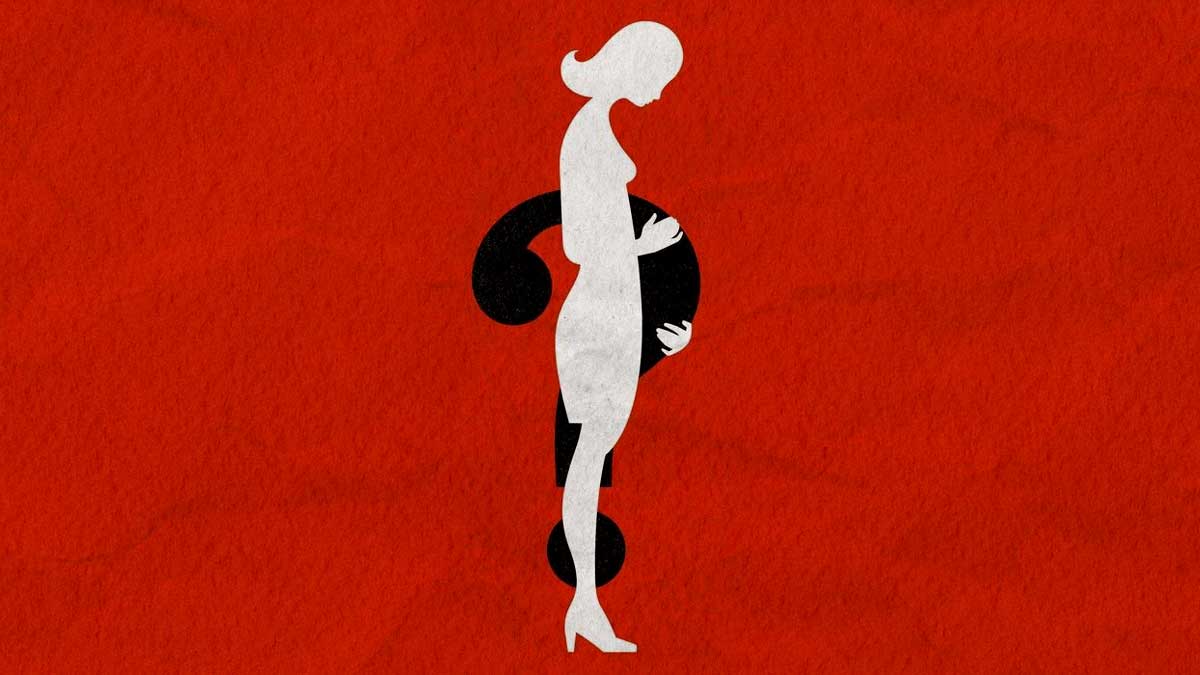-1745305394910.webp)
The Bombay High Court, while hearing the plea of a 38-year-old divorced woman wishing to have a child via surrogacy, raised concerns about the broader implications of granting such relief and questioned whether a single woman is legally entitled to pursue surrogacy.
The court pondered whether granting relief would lead to “commercialisation of surrogacy”. It said it also had to consider the rights of the child born, and not just of the woman.
Read: Over Half of Married Indians Cheat: Why Many Are Questioning Monogamy
It was also noted that the border issue pertaining to single women being able to opt for surrogacy was pending with the Supreme Court. Thus, the Bombay High Court said it was unable to grant interim relief. The court additionally suggested that the petitioner approach the SC.
The woman's lawyer, Tejesh Dande, told the Bombay High Court that she is unable to conceive naturally because her uterus has been removed.
He added that while she has two children from a previous marriage, they are currently in their father's custody. The woman had a divorce in 2017, and has since not had access to the children. The advocate said that she “does not have any mother-child relation” with them.
Dande explained that his client does not wish to remarry and is looking to experience motherhood again through surrogacy. He argued that, given her medical condition and personal circumstances, she should be allowed to explore surrogacy as a path to having a child.
Dande added that the petitioner stays alone after divorce and is a working woman. Thus, she is capable of maintaining herself and wants to explore the option of using her own eggs for surrogacy.
When exploring the option of surrogacy, a district hospital pointed out that Section 4(iii)(a) of the Surrogacy (Regulation) Act 2021 mandates that any intending couple or intending woman is eligible to avail surrogacy only if they have no surviving child – biological, adopted, or born through surrogacy. The only exceptions that can be made are in the case of the existing child having a life-threatening disease or being physically or mentally challenged.-1745305615077.jpg)
The bench remarked that the border consequences of passing a judgement could be varied. It said that in future, an unmarried couple may opt for surrogacy, and in the event of them splitting up, the child may suffer.
“Whether such parenting is permissible? Who will be the father of the child?… This may lead to the commercialisation of surrogacy. You want surrogacy as you are not capable of bearing a child… There are rights of the child once born, too, and we cannot just think about the woman’s rights… It is a larger issue. The case may be genuine, but look at the repercussions. You have to consider all this,” the bench orally remarked.
Also watch this video
Herzindagi video
Our aim is to provide accurate, safe and expert verified information through our articles and social media handles. The remedies, advice and tips mentioned here are for general information only. Please consult your expert before trying any kind of health, beauty, life hacks or astrology related tips. For any feedback or complaint, contact us at [email protected].